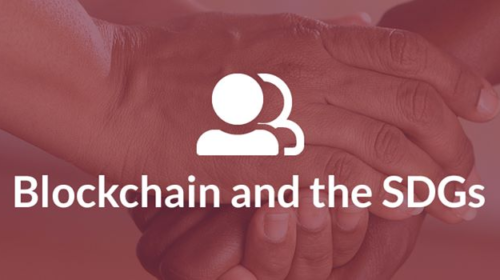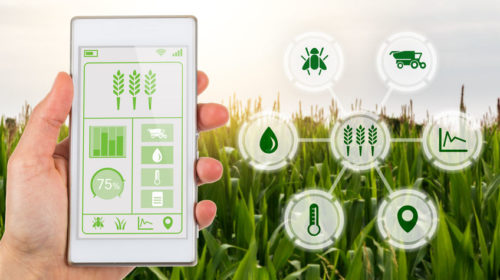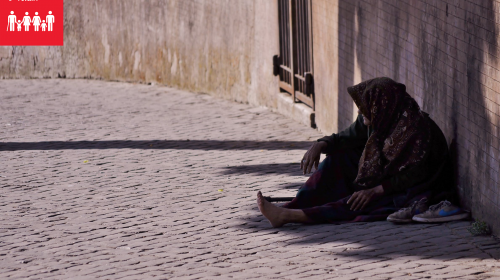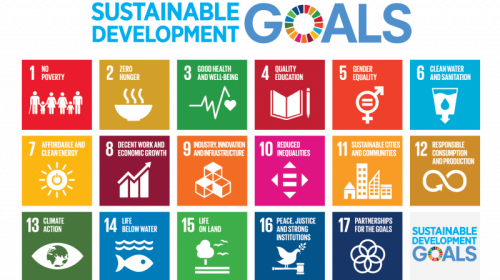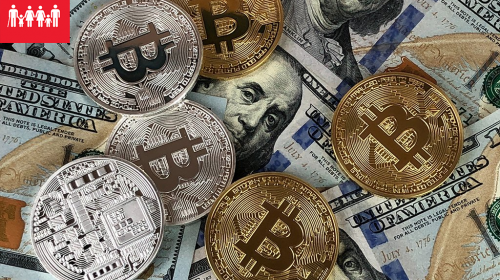By: Laura Marissa Cullell Marketing & Operations Officer Can technology progress human rights? Provide humanitarian aid? Help combat Climate Change? Address issues of identity, trafficking, and provide access to food? The answer to these questions is yes. And Blockchain is a fantastic space to explore these issues right now. In the last article of our series on Unique and Interesting Use Cases for Blockchain, I explore some of the applications of blockchain to achieve the UN Sustainable Development Goals. Part I explored just some of the use cases of this innovative tech in…
Category: No Poverty
Blockchain and Agricultural Transformation
Food Safety is of vested interest for both producer and consumer and to achieve that it is important to have the traceability of provenance for knowing if it is fresh and exactly where it comes from, who grew and processed it. This could also help in preventing fraud, false labelling, redundant middlemen, reducing transaction costs and overcoming some challenges of logistics, especially related perishable food items with shorter shelf life. Sam Mire (2018) mentioned that “linking agricultural shipping and monitoring processes using a shared, decentralized Blockchain ledger adds value to…
Blockchain and Its Application for Agri Policy Makers – 5 Innovative Use Cases..
Blockchain has been gaining momentum and innovative companies across the globe are coming up with various applications for it. Nearly $4bn was poured in by venture funds into Blockchain startups in 2018. Can this technology really have application for the Agriculture public policy makers ? In the last few weeks, I have had opportunity to meet and discuss with policy makers in South East Asian countries on various applications of Blockchain relevant for them. Here are some of their most pressing use cases: Food Traceability- Food safety is a big…
Is Blockchain Technology the Answer to Ending Poverty?
How blockchains can tackle the UN Sustainable Development Goals
Post by: Rob Gear Blockchain is fundamentally a technology of trust, but transformative possibilities to benefit society more broadly are emerging. One area of blockchain’s potential that excites me is in helping capitalise on the $12 trillion opportunity of the UN’s Sustainable Development Goals (SDGs). We’re a partner of the UN Global Compact’s Project Breakthrough, which is helping companies embed sustainability in the innovation pipeline to tackle the SDGs. As part of this, we researched and wrote a series of executive briefs on how disruptive technologies could help organisations do…
How Will Blockchain Help Those Living Below the Poverty Line?
About half the world population, over 3 billion people, survive on less than $2.50 in a day. Moreover, 80% of the folks live on fewer than $10 per day. The most recent estimates by the World Bank also reveal a similar, gloomy picture. 10% of the global population lived on less than $1.90 per day as of 2015. In contrast, 11% of the world population lived on USD 1.90 in a day in 2013. So, there’s some improvement. However, there’s still a lot that needs to be done. Fortunately, in…


